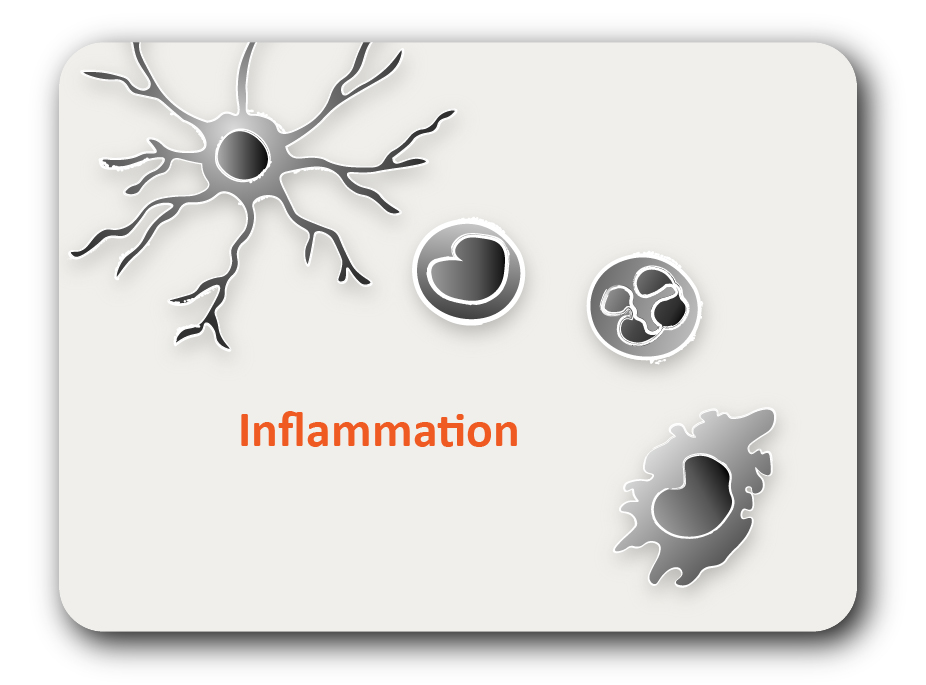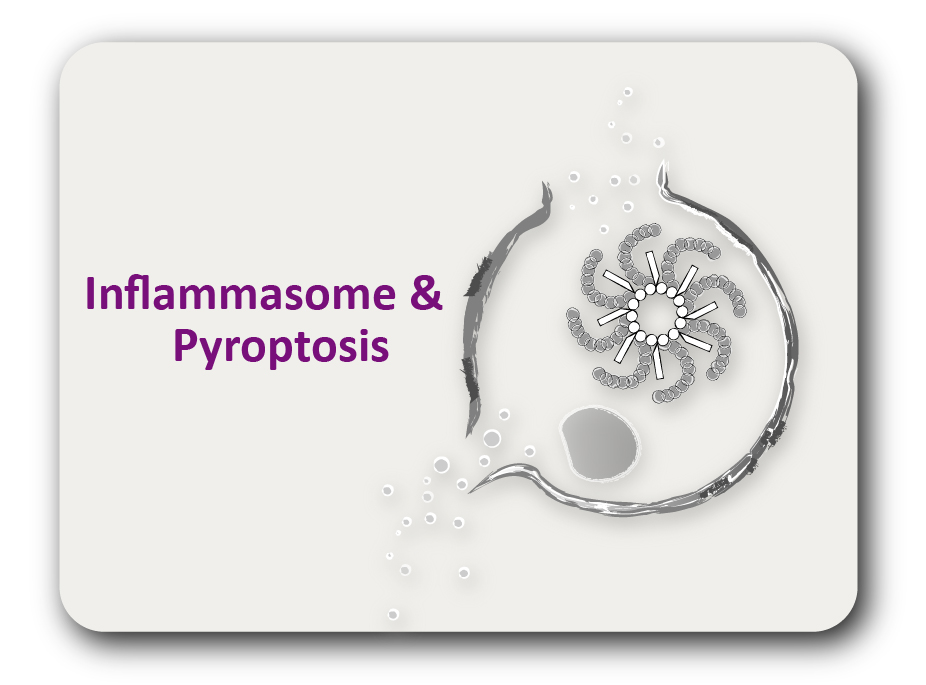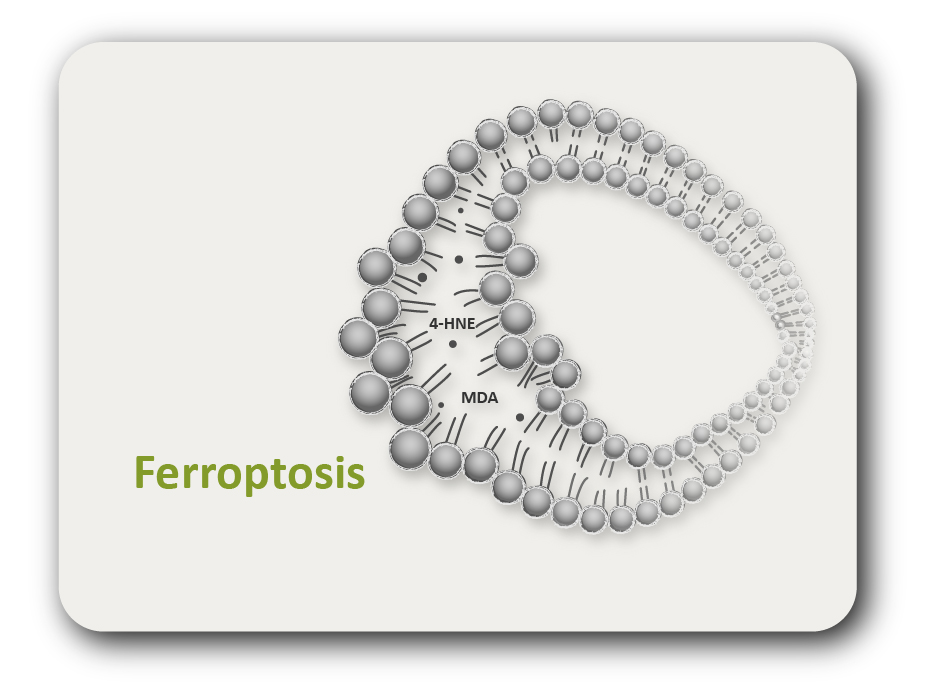ARG24188
anti-Ubiquitin antibody [P4D1]
anti-Ubiquitin antibody [P4D1] for ICC/IF,Immunoprecipitation,Western blot and Broad
概述
| 产品描述 | Mouse Monoclonal antibody [P4D1] recognizes Ubiquitin |
|---|---|
| 反应物种 | Broad |
| 应用 | ICC/IF, IP, WB |
| 特异性 | This antibody recognizes mono- and polyubiquitin chains. |
| 宿主 | Mouse |
| 克隆 | Monoclonal |
| 克隆号 | P4D1 |
| 同位型 | IgG1 |
| 靶点名称 | Ubiquitin |
| 抗原物种 | Bovine |
| 抗原 | Denatured bovine ubiquitin |
| 偶联标记 | Un-conjugated |
| 別名 | Epididymis secretory protein Li 50; FLJ25987; HEL S 50; MGC8385; Polyubiquitin B; RPS 27A; UBA 52; UBA 80; UBB; UBC; UBCEP1; UBCEP2; Ubiquitin; Ubiquitin B |
应用说明
| 应用建议 |
|
||||||||
|---|---|---|---|---|---|---|---|---|---|
| 应用说明 | * The dilutions indicate recommended starting dilutions and the optimal dilutions or concentrations should be determined by the scientist. |
属性
| 形式 | Liquid |
|---|---|
| 纯化 | Ion exchange chromatography |
| 缓冲液 | PBS and 0.1% Sodium azide |
| 抗菌剂 | 0.1% Sodium azide |
| 存放说明 | For continuous use, store undiluted antibody at 2-8°C for up to a week. For long-term storage, aliquot and store at -20°C or below. Storage in frost free freezers is not recommended. Avoid repeated freeze/thaw cycles. Suggest spin the vial prior to opening. The antibody solution should be gently mixed before use. |
| 注意事项 | For laboratory research only, not for drug, diagnostic or other use. |
生物信息
| 基因名称 | UBB |
|---|---|
| 全名 | ubiquitin B |
| 背景介绍 | This gene encodes ubiquitin, one of the most conserved proteins known. Ubiquitin has a major role in targeting cellular proteins for degradation by the 26S proteosome. It is also involved in the maintenance of chromatin structure, the regulation of gene expression, and the stress response. Ubiquitin is synthesized as a precursor protein consisting of either polyubiquitin chains or a single ubiquitin moiety fused to an unrelated protein. This gene consists of three direct repeats of the ubiquitin coding sequence with no spacer sequence. Consequently, the protein is expressed as a polyubiquitin precursor with a final amino acid after the last repeat. An aberrant form of this protein has been detected in patients with Alzheimer's disease and Down syndrome. Pseudogenes of this gene are located on chromosomes 1, 2, 13, and 17. Alternative splicing results in multiple transcript variants. [provided by RefSeq, Aug 2013] |
| 生物功能 | Ubiquitin: Exists either covalently attached to another protein, or free (unanchored). When covalently bound, it is conjugated to target proteins via an isopeptide bond either as a monomer (monoubiquitin), a polymer linked via different Lys residues of the ubiquitin (polyubiquitin chains) or a linear polymer linked via the initiator Met of the ubiquitin (linear polyubiquitin chains). Polyubiquitin chains, when attached to a target protein, have different functions depending on the Lys residue of the ubiquitin that is linked: Lys-6-linked may be involved in DNA repair; Lys-11-linked is involved in ERAD (endoplasmic reticulum-associated degradation) and in cell-cycle regulation; Lys-29-linked is involved in lysosomal degradation; Lys-33-linked is involved in kinase modification; Lys-48-linked is involved in protein degradation via the proteasome; Lys-63-linked is involved in endocytosis, DNA-damage responses as well as in signaling processes leading to activation of the transcription factor NF-kappa-B. Linear polymer chains formed via attachment by the initiator Met lead to cell signaling. Ubiquitin is usually conjugated to Lys residues of target proteins, however, in rare cases, conjugation to Cys or Ser residues has been observed. When polyubiquitin is free (unanchored-polyubiquitin), it also has distinct roles, such as in activation of protein kinases, and in signaling. [UniProt] |
| 细胞定位 | Cytoplasm. Nucleus. [UniProt] |
| 预测分子量 | 26 kDa |
| 翻译后修饰 | Ubiquitin: Phosphorylated at Ser-65 by PINK1 during mitophagy. Phosphorylated ubiquitin specifically binds and activates parkin (PRKN), triggering mitophagy (PubMed:24660806, PubMed:24751536, PubMed:24784582, PubMed:25527291). Phosphorylation does not affect E1-mediated E2 charging of ubiquitin but affects discharging of E2 enzymes to form polyubiquitin chains. It also affects deubiquitination by deubiquitinase enzymes such as USP30 (PubMed:25527291). [UniProt] |





